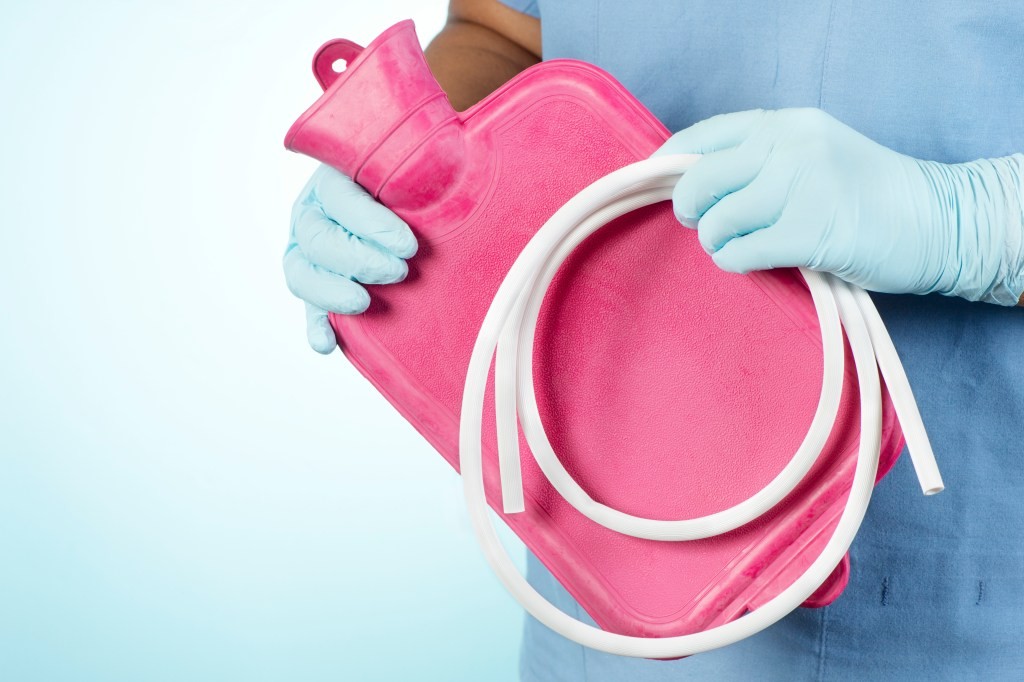Butt Breathing Goes Human: First-in-human safety results from a controversial oxygen-delivery idea
An idea that sounds like science fiction is moving toward humans. Enteral ventilation would push oxygen-rich liquid into the rectum to bypass the lungs. In the first human safety trial, 27 healthy men received the procedure for 60 minutes. Some participants tolerated up to 1.5 liters, reporting bloating and discomfort but no serious side effects. Note: the liquid used was not oxygenated; this phase tests safety, not effectiveness.

In This Article:
- Nature’s inspiration: Loaches, turtles and more that breathe through the gut when lungs fail
- The trial in numbers: 27 healthy men, rectal infusion of liquid for 60 minutes
- From safety to efficacy: Researchers plan tests with oxygenated liquid to boost blood oxygen levels
- Why this could matter: a potential lifeline when lungs struggle—yet many questions remain
Nature’s inspiration: Loaches, turtles and more that breathe through the gut when lungs fail
Nature provides the starting point for this idea. Loaches — bottom-dwelling fish — can absorb oxygen through their gut when air is scarce. Other creatures, including turtles, sea cucumbers, dragonfly nymphs and even pigs, show similar gut-based oxygen uptake. Scientists call this enteral ventilation and wonder if humans could use it to supplement oxygen delivery when lungs can't do the job.

The trial in numbers: 27 healthy men, rectal infusion of liquid for 60 minutes
Study specifics. The trial recruited 27 healthy men who agreed to rectally insert varying amounts of perfluorodecalin for 60 minutes. Twenty of them completed the full hour; some held as much as 1.5 liters. The liquid was not oxygenated in this safety phase; researchers were measuring tolerance, not oxygen transfer.

From safety to efficacy: Researchers plan tests with oxygenated liquid to boost blood oxygen levels
Safety first, then efficacy. Dr. Takanori Takebe, a co-author, said: "This is the first human data, and the results are limited solely to demonstrating the safety of the procedure and not its effectiveness." He added that once tolerance is established, the next step will be to assess how well the process can deliver oxygen to the bloodstream. Future trials will test oxygenated liquid and seek to determine the dose and duration needed to raise blood oxygen levels.

Why this could matter: a potential lifeline when lungs struggle—yet many questions remain
Why this could matter. Lung conditions and injuries can prevent oxygen from reaching the blood, and current supports like ventilation or oxygen therapy don't always suffice. The COVID-19 pandemic highlighted ventilator shortages, underscoring interest in alternative oxygen delivery routes. If proven safe and effective, enteral ventilation could become an important option, though ethical and practical questions remain as researchers move toward trials in patients with respiratory failure.


